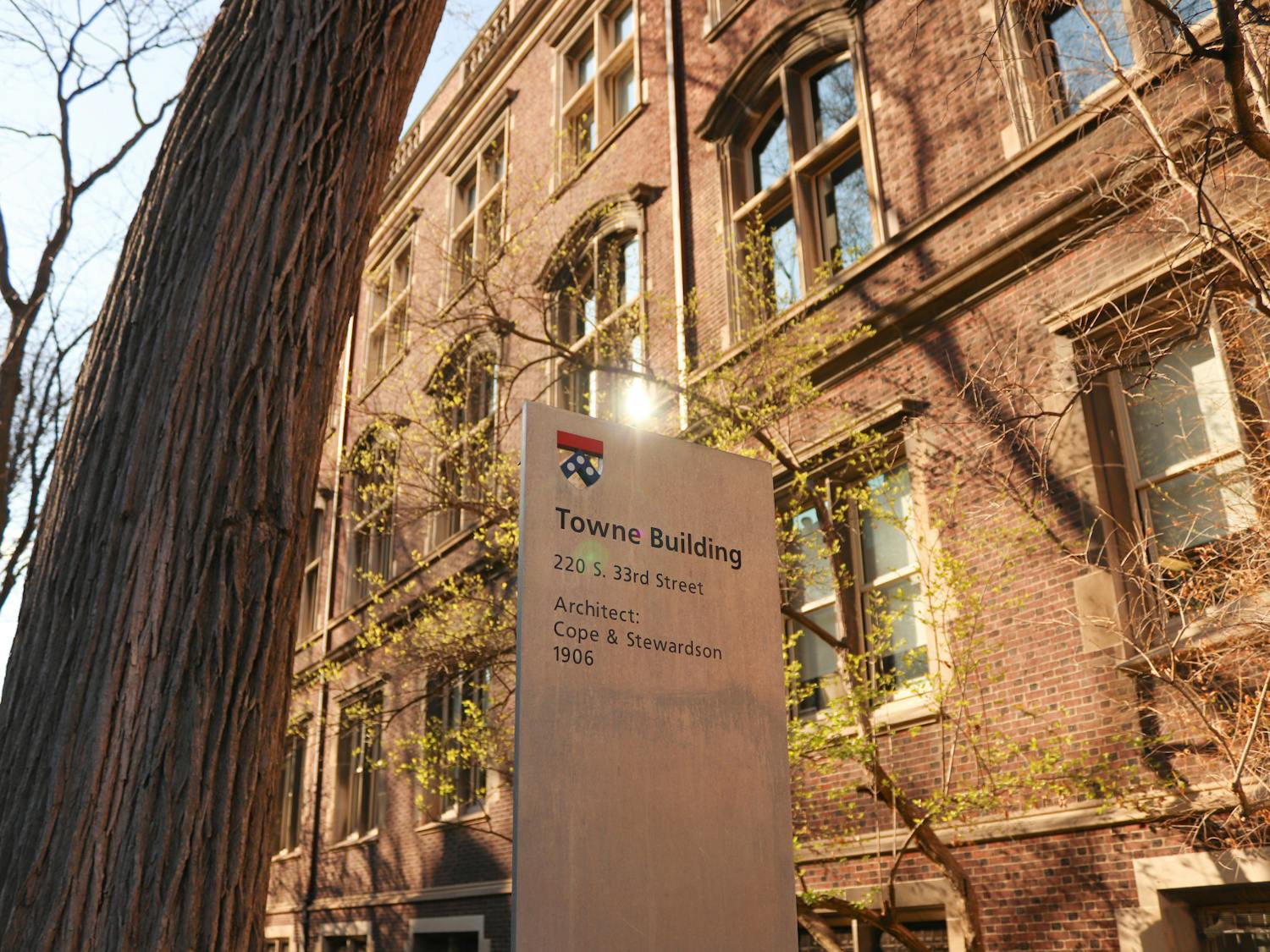In response to student outcry, several University departments are planning changes in order to better protect students against crime. After students complained last week about several serious crimes near campus this semester, the University Council's Safety and Security Committee met several times to find ways to "quell what seems to be a rising tide of fear in the student community," a statement released yesterday said. According to the announcement, the Department of Transportation and Parking, Physical Plant and University Police -- all of which have representatives on the committee -- agreed to provide students with additional ways to travel safely on and around campus and to take several other steps to improve security services. Students Together Against Acquaintance Rape Coordinator Erica Strohl, whose organization called for changes late last week, said she was impressed with the committee's quick action. The changes, which will take effect the week of November 12, include: ·Adding regular Escort Service stops at Steinberg Hall-Dietrich Hall and Van Pelt Library several times every night. The times of these stops will be announced. Regular Escort Service will continue as usual. ·Changing the University Police phone number. The committee decided the current number, 898-7333, is too difficult to remember in an emergency and chose to replace it. The new number will be announced and in place shortly. Committee Co-Chairperson Jeffrey Jacobson said the committee will not publicize the number until it is working so that people do not mistakenly call it before it is working. ·Installing new lighting in several areas on University property. The committee identified several areas where lighting is insufficient. The University will install lights on its property and pressure the city and local landowners to do the same on their property. ·Publicizing existing programs better. In the committee's news release, for example, it reminded students that off-campus residents can have a free safety check at their house by calling the Office of Off-Campus Living. The committee will also distribute PennBus schedules. Jacobson, a College junior, said the changes will mean only a small increase in security spending and are mostly a reallocation of existing resources. All of the new and current University programs will be advertised and outlined in detail over the next two weeks. Jacobson said University officials are still working out final details for the changes but should be ready to implement the programs by November 12. The changes come in direct response to student outcry following an October 19 robbery during which a University student was run over by a van. "We understand that people are more afraid now than they were before," Jacobson said, adding that the planned changes are designed to show students that the University is willing to take steps to cut down on crime. University Police Captain John Richardson said he has begun to notice a "fear of crime that is pervading the campus." He said serious incidents shock students into a beneficial awareness of crime, which compels them to take precautions. But he said some students panic. "For people to walk the streets and the campus in fear is certainly not healthy," Richardson said. "We want to reduce the panic we are experiencing at this time. We want to reduce the fear." The announced changes fall short of STAAR's request for University Police to escort students around campus at night, but Jacobson said this is still a possibility. STAAR had asked for the police escort to supplement existing riding and walking escort programs, but committee members felt this was not necessary or practical, Jacobson said. He said a small number of officers may walk students around campus after midnight, when the walking escort program ends. But, he said, police are reluctant to become the primary escort service for students. Police officials will meet with student leaders to discuss how they deploy their officers and to find out where students think they are needed most, Richardson said. Richardson said he and University Police Director John Logan will meet with new Commissioner John Kuprevich when he returns to campus Monday. "We'll decide what we can implement," Richardson said. "I don't have a problem with it [the plan.] I think we're heading in the right direction." STAAR coordinator Strohl said the changes are only a "stop-gap" measure but are the best the University can do in the short-term. "I think that they're going to make people feel a little calmer," Strohl said. "Once people calm down we can look a little farther ahead." Strohl said the administration must make an effort to improve relations with the West Philadelphia community. Until that happens, she said the crime problem will never be significantly reduced. Jacobson said the make-up of the committee was behind the group's ability to act quickly. Although it is technically an advisory committee to University Council, its members include several University department heads. Whereas most committees are made up of students and faculty and have only authority to advise, many members of this committee are in the position to make decisions on their own. Jacobson said, however, that Senior Vice President Marna Whittington approved all the decisions, adding that President Sheldon Hackney did not play a major role in the discussion. Jacobson said he considers the quick changes an example of the willingness on the part of University officials to meet students' needs. He said students must take the responsibility of helping to make the new systems work. He said students should make a concerted effort to catch scheduled shuttle rides and not call for escorts between stops, to schedule off-campus safety checks and to memorize the new police phone number.
The Daily Pennsylvanian is an independent, student-run newspaper. Please consider making a donation to support the coverage that shapes the University. Your generosity ensures a future of strong journalism at Penn.
Donate







